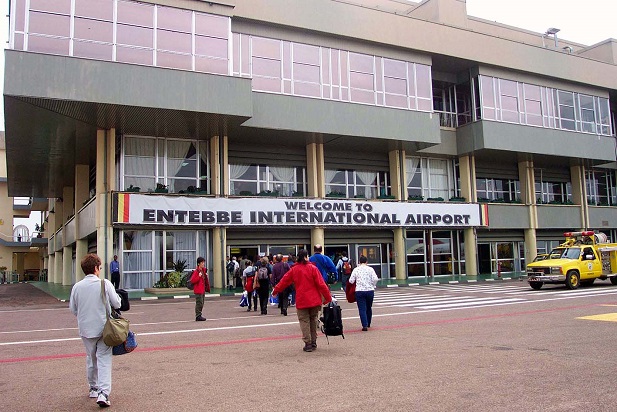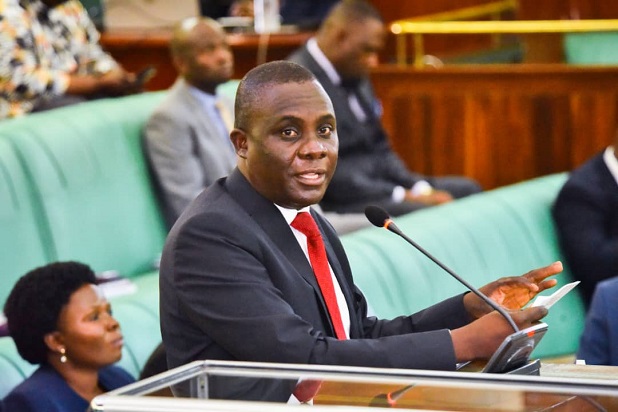Speaking at the conclusion of the budget speech for 2023/2024, President Museveni blamed the appetite for borrowing on indiscipline in government spending. He said some of the loans were actually not necessary.
Museveni addressed Parliament virtually from Statehouse Nakasero where he has been in self-isolation after he got a COVID-19 infection.
He began his address by asking the Minister of Finance to crosscheck some of the figures on the performance of the economy.
He then confirmed to Ugandans that he was not under intensive care as rumored on social media.
Turning to the issue of public debt, Museveni revealed that he has personally taken over the role of final approval for external loans.
The President is technically in charge the finance docket though he delegates it to the Finance Minister and his state ministers.
By the end of the year 2022, the country’s indebtedness was 80.2 trillion shillings, according to the Ministry of Finance, Planning and Economic Development, but the Speaker of Parliament Anita Among says the record they have is 80.8 trillion.
President Museveni also accused the Uganda Revenue Authority, URA, of not doing enough to raise domestic revenues which would reduce the need for borrowing. URA has been a target of collecting 29 trillion shillings, which is more than 4 trillion above this year’s target, which is also not certain of being achieved.
Civil Society Budget Advocacy Group Chief Executive Officer, Julius Mukunda criticized the target set by the ministry of finance, saying URA has over the years consistently failed to hit the target, and so the government sets its budgetary decisions on the wrong grounds.
President Museveni said the 13 percent GDP ratio is too low and URA is under-performing but has hope that this will improve.
Minister Matia Kasaija said the government is focusing on improving revenue collections as well as cutting public expenditure.
The theme of the 2023/2024 budget is “Full Monetisation of Uganda’s Economy through commercial Agriculture, Industrialisation, Expanding and Broadening Services, Digital Transformation and Market Access.
Among the measures, the government says it will not purchase new vehicles except for revenue mobilisation, security operations and agricultural activities.
It also plans to limit foreign travel to a few officials, as well as rationalising the tax exemption policies to reduce on revenue lost in these incentives.
Kasaija says the targeted revenue collections this year are part of the efforts to increase revenue collection levels to at least 14 percent next year and further increase it to between 16 and 18 percent.
Minister Kasaija said the government has put in place several measures that will ensure not only better revenue collections but also enhance government spending discipline.
He said the government is also cautious about borrowing domestically to avoid suffocating the local private sector that relies on local loans.
This, he said will be done amidst reduced borrowing on commercial and non-concessionary loans, which are expensive.
He says such loans will only be limited to projects that have high economic returns.
On the mismanagement of public expenditure by officials, Kasaija said there are measures that have been out in place to ensure the smooth running of government projects.
These will include negotiations with lenders on smooth implementation of funded projects and ensuring that before a project is approved for funding, there should be selection, design, approval and analysis are made before approval for funding.
He also revealed the creation of a land acquisition fund that will address delays in compensation.





